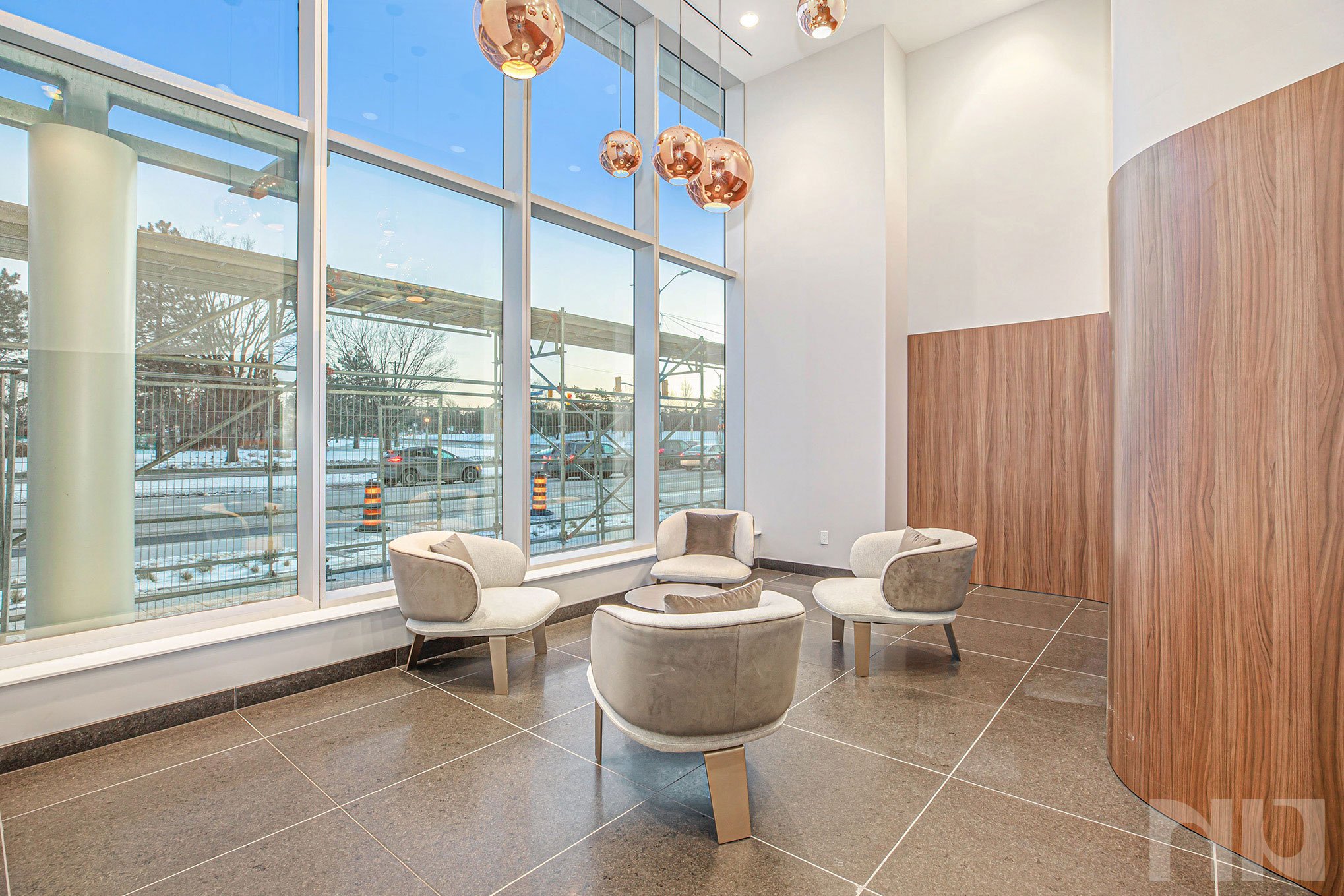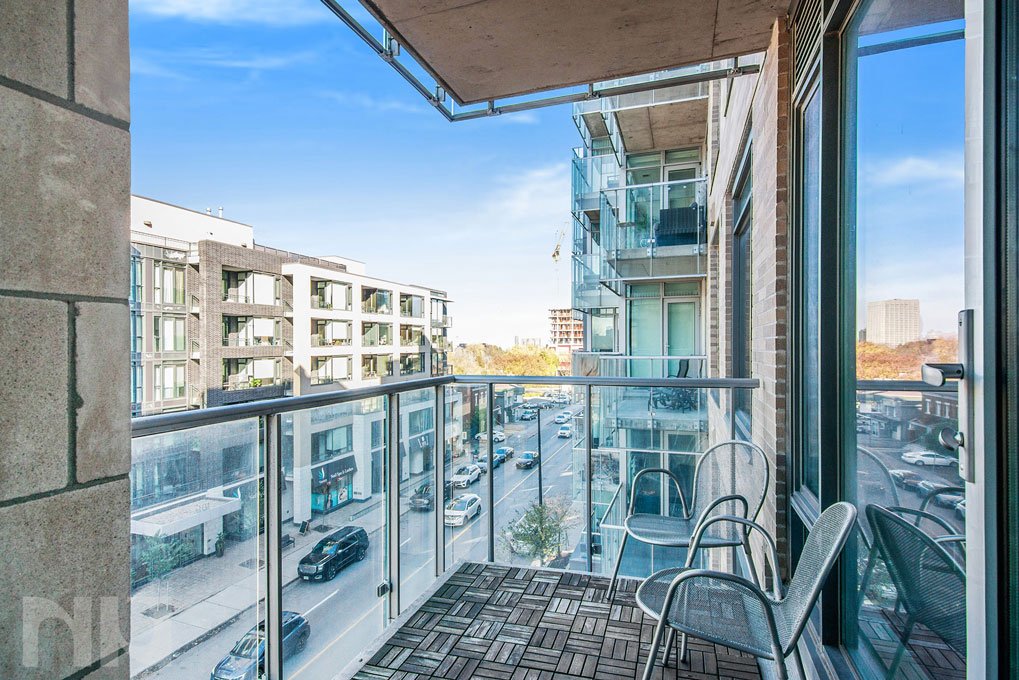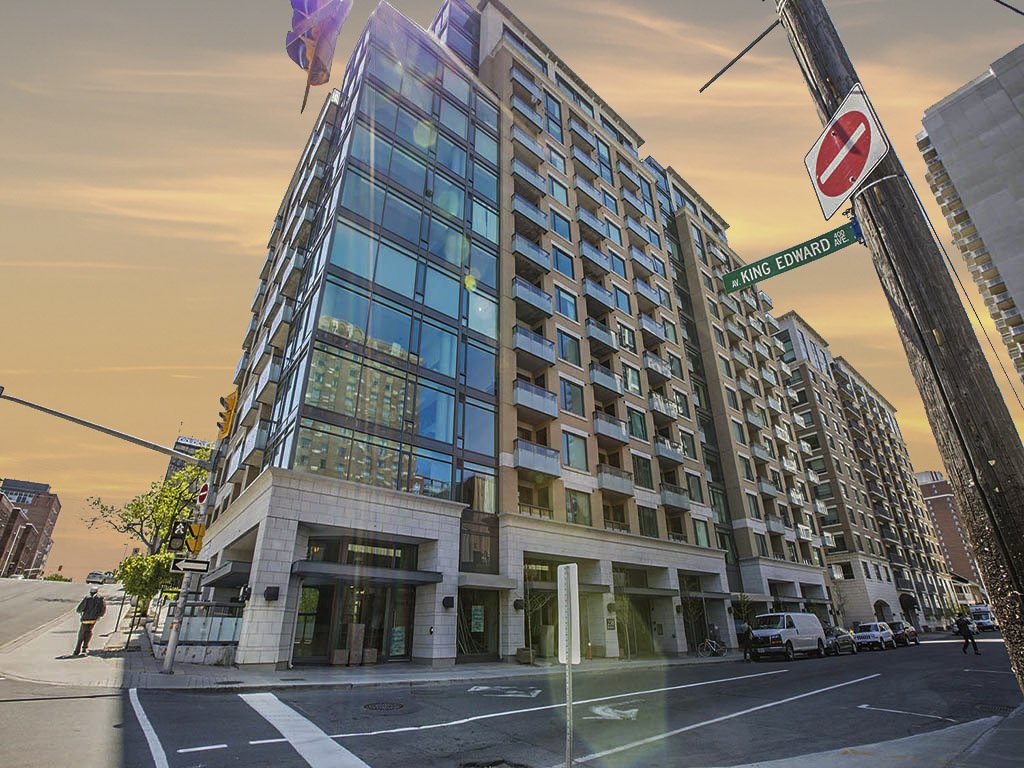
Living in a condo in Ottawa comes with its unique set of challenges, especially when it comes to maintaining your condo-sized appliances. These smaller, space-efficient devices require regular upkeep to function efficiently and last longer. Here are some expert tips to keep your condo-sized appliances in top shape, ensuring your Ottawa condo remains a comfortable and functional home.
1. Regular Cleaning of Your Compact Refrigerator
A well-maintained refrigerator is essential for any condo kitchen. Ottawa’s varying temperatures can sometimes affect the efficiency of your appliances, making regular cleaning even more crucial.
Monthly Clean: Wipe down the interior shelves and walls with a mixture of water and baking soda. This not only cleans but also neutralizes odours.
Defrost Regularly: If your refrigerator doesn't have an auto-defrost feature, defrost it every few months to prevent ice build-up.
Check Seals: Ensure that the door seals are tight. A loose seal can cause your refrigerator to work harder, increasing energy consumption.
2. Care for Your Condo-Sized Dishwasher
A smaller dishwasher in your Ottawa condo can save you time and water, but it also needs proper care to operate effectively.
Weekly Rinse: Run an empty cycle with a cup of white vinegar placed on the top rack to remove grease and grime.
Clean Filters: Check and clean the filter at the bottom of the dishwasher regularly to prevent food particles from clogging the system.
Inspect Spray Arms: Make sure the spray arms are not blocked and can move freely. Remove any debris that may hinder their operation.
3. Maintaining Your Compact Washing Machine
Your condo-sized washing machine is a vital appliance, especially during Ottawa’s snowy winters when you need fresh, clean clothes frequently.
Monthly Maintenance: Run a maintenance cycle with hot water and two cups of white vinegar to clean out soap scum and mineral deposits.
Leave the Door Open: After each wash, leave the door open for a few hours to allow the interior to dry and prevent mould growth.
Check Hoses: Inspect the hoses for any signs of wear and tear. Replace them every five years to avoid leaks.
4. Cleaning Your Small Oven and Stove
A clean oven and stove are essential for cooking delicious meals in your Ottawa condo kitchen.
Immediate Wipe Down: After each use, wipe down the stovetop to prevent food spills from hardening.
Monthly Deep Clean: Use a mixture of baking soda and water to scrub the oven’s interior. Let it sit for a few hours before wiping it off with a damp cloth.
Check Burners: Ensure that the burners are clean and free of debris. Soak removable parts in hot, soapy water for a thorough clean.
5. Regular Maintenance for Your Microwave
Microwaves are a staple in condo living due to their convenience and speed. Keep yours in top condition with these tips.
Weekly Wipe Down: Use a damp cloth to wipe the interior and exterior. For tough stains, heat a bowl of water and lemon juice inside the microwave for a few minutes before wiping down.
Clean Turntable: Remove and wash the turntable in warm, soapy water regularly.
Check Ventilation: Make sure the ventilation openings are not blocked to prevent overheating.
6. Proactive Care for Your Condo HVAC System
Ottawa’s cold winters and warm summers make a well-functioning HVAC system crucial for your comfort.
Change Filters: Replace the air filters every 1-3 months to ensure efficient airflow and cleaner air.
Annual Inspection: Have a professional inspect and service your HVAC system annually to keep it running smoothly.
Maintaining your condo-sized appliances in Ottawa doesn’t have to be a daunting task. Regular cleaning and proactive maintenance can extend the lifespan of your appliances, ensuring your condo remains a comfortable, efficient living space. By following these tips, you can enjoy the convenience of your compact appliances while keeping your Ottawa condo in pristine condition.
For more home maintenance tips and advice on condo living in Ottawa, stay tuned to our blog!
Contact Us:








































































